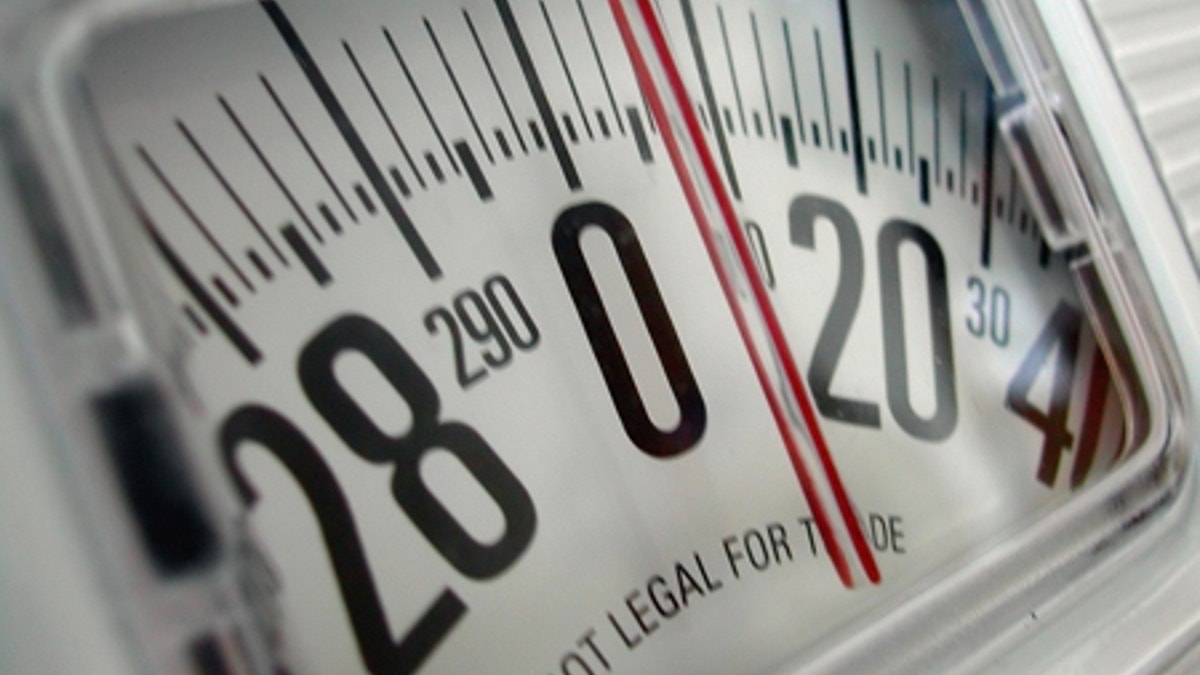
If you are watching your weight, daily weigh-ins on the bathroom scale may do more harm than good. Those numbers you see are hardly exact for a variety of reasons:
Normal fluctuations
Weight can fluctuate 2-4 pounds during the day for a variety of reasons that do not constitute weight gain. Generally, we weigh the least in the morning and the most at night due to temporary factors, such as water retention and food in the digestive tract.
Muscle weight
Exercise, especially weight training and resistance workouts that develop lean muscle, can easily push up the numbers on the scale. Don’t fret. This is due to changes in your overall body composition, as you add dense muscle mass and reduce your body fat percentage.
Post-workout swelling
Here’s another reason why working out can tip the scale upwards. Especially after weight training, the temporary swelling that occurs as muscle fibers are being rebuilt can show up as weight gain.
Water retention
Take fluids you drink into account when you weigh yourself. Two 8-ounce glasses of water can add a pound, and many foods such as soups and salads are full of water. Feeling overheated and drinking alcohol can skew numbers, too as the body retains fluid to ward off dehydration.
Constipation
Digestive problems such as constipation can cause bloating and weight gain due to poor absorption of food. Factors such as dehydration, medication, and eating a diet deficient in fiber, can also slow down your digestive tract and read as extra weight on the scale.
Hormonal changes
For women, that “time of the month” can easily affect what’s on the scale. Weight gain generally appears five days before a period and subsides once it begins. Progesterone is the likely culprit because as hormone levels drop cells retain extra water. Hence, pre-period water weight can vary anywhere from half of a pound upwards to ten-pounds.
To make the best use the scale, weigh yourself once a week and aim to do it on the same day, at the same time, using the same scale while wearing the same amount of clothing. Don’t be numbers obsessed – rather, use the scale to gauge how well your weight-loss strategy is working. Keep in mind that healthy weight loss is about 1-2 pounds per week, and busting a plateau (or reversing weight gain) may be as simple as tweaking your diet and exercise routine.
For delicious high fiber meal plans, recipes and tips on healthy eating, drinking and losing weight, check out my latest book, The Miracle Carb Diet: Make Calories and Fat Disappear – with Fiber!
Tanya Zuckerbrot MS, RD, is a registered dietitian in New York City and the author of two bestselling diet books: The Miracle Carb Diet: Make Calories and Fat Disappear – with fiber and The F-Factor Diet. Subscribe to Tanya’s free weekly newsletter and follow her on Facebook, Twitter, Instagram, Pinterest, and LinkedIn
